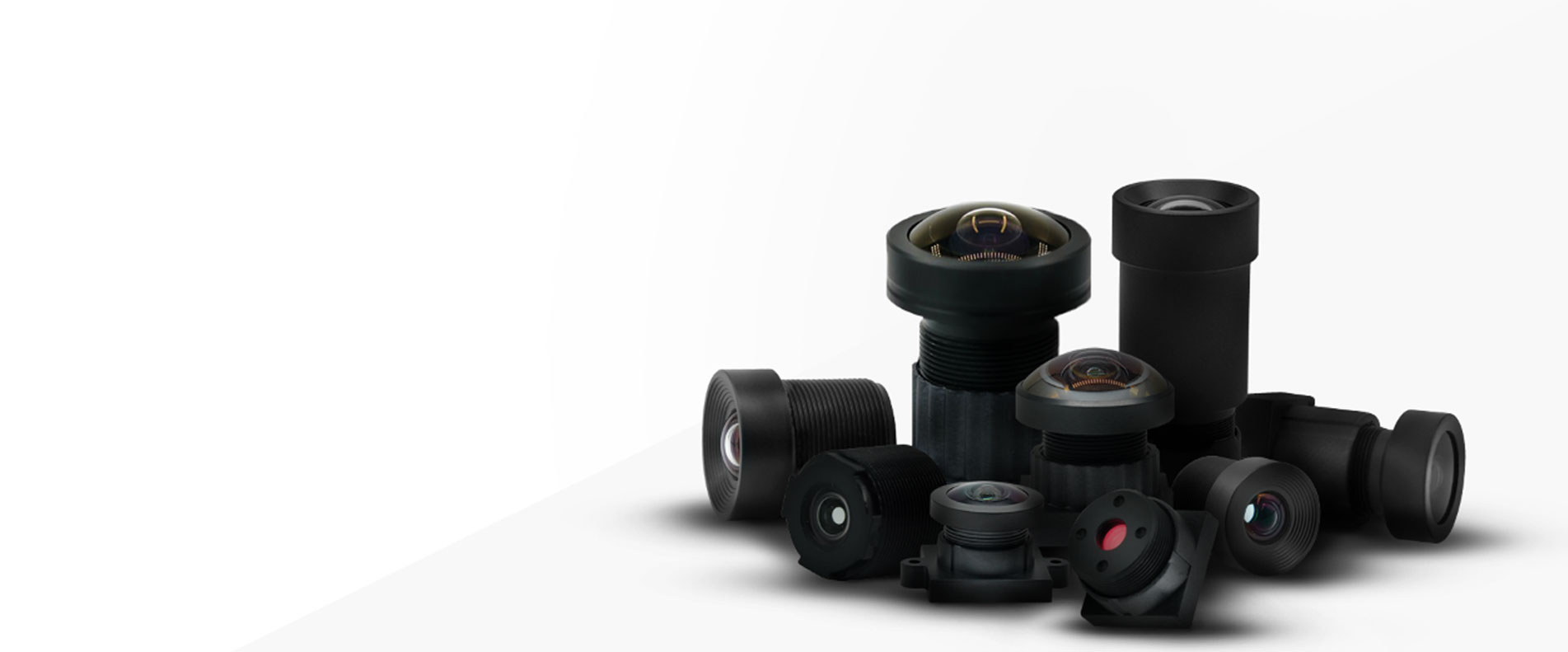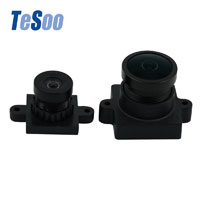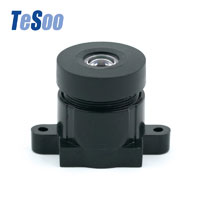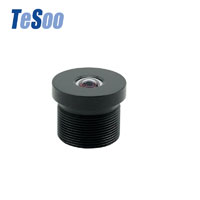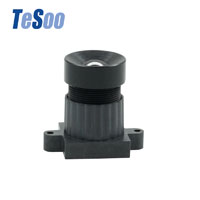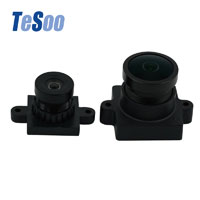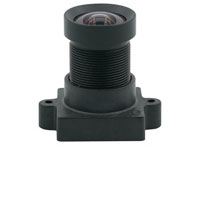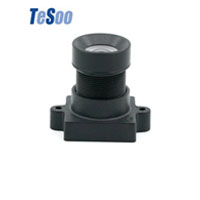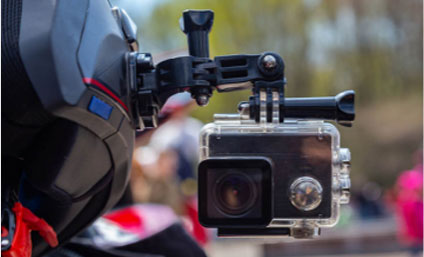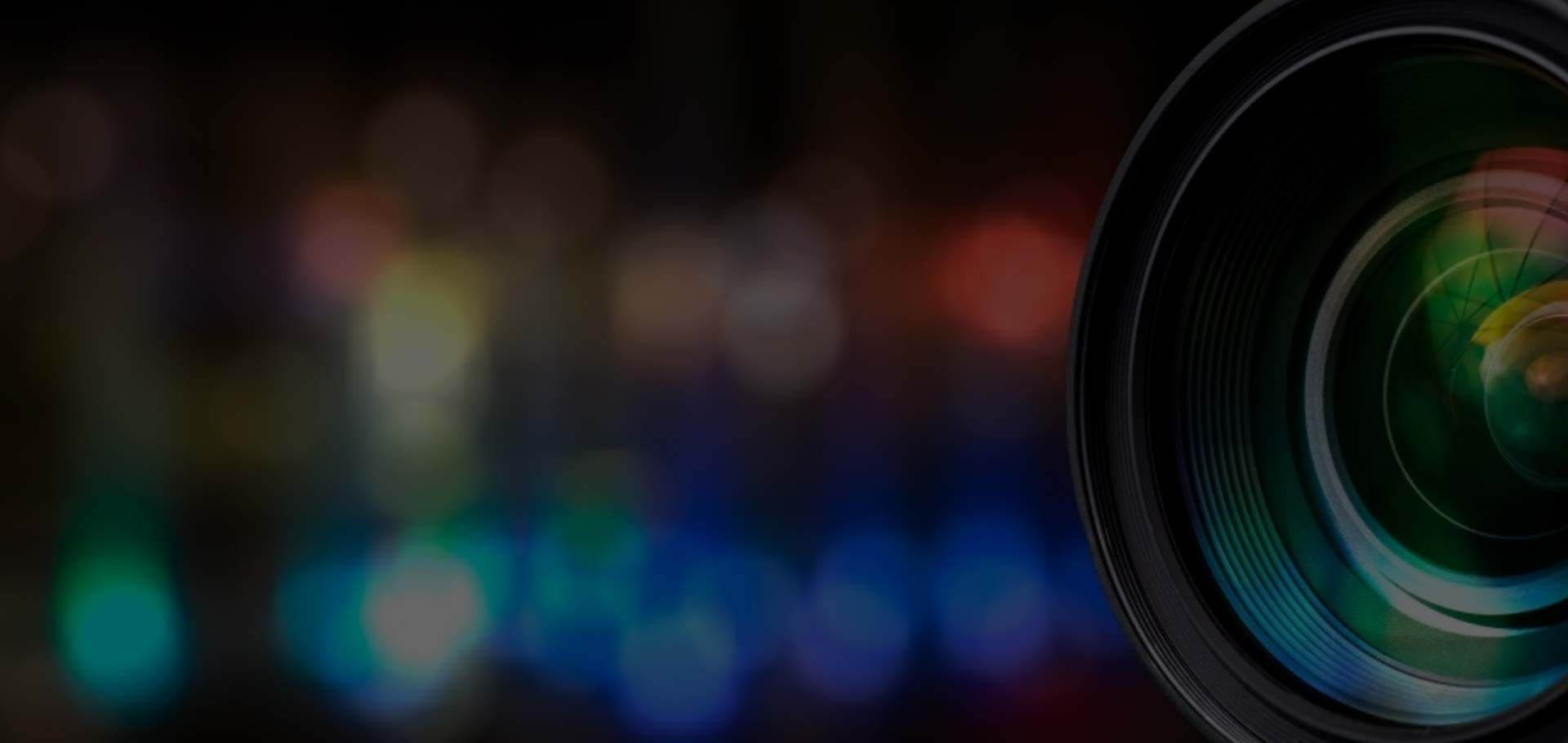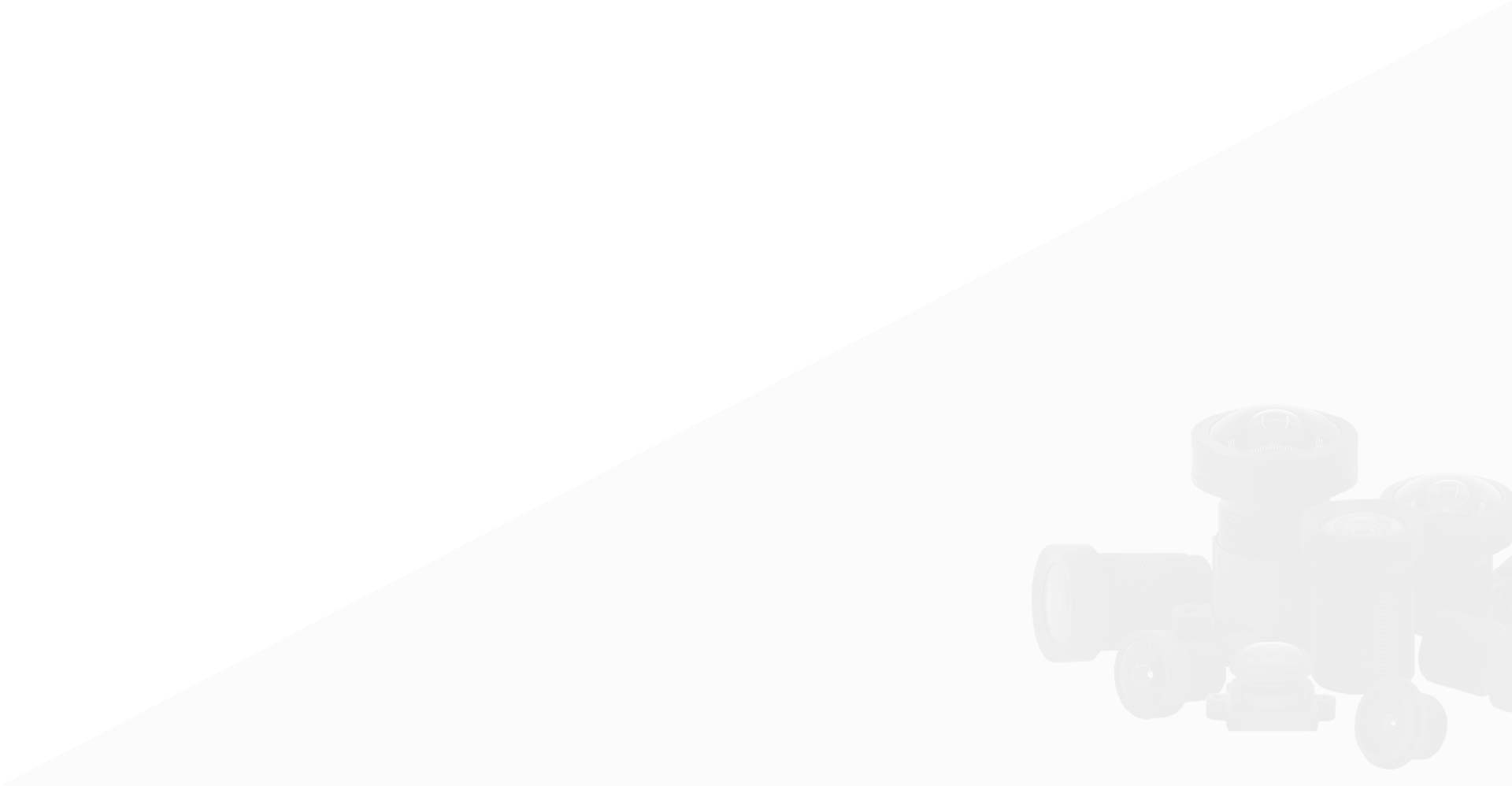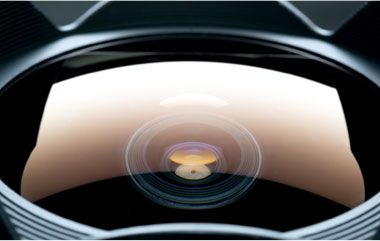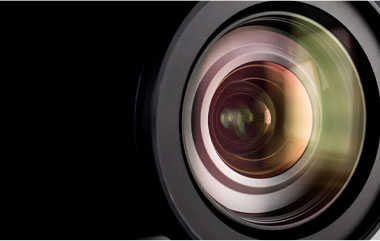With the development of optical lens and the pursuit of high pixel, high definition and other image quality of optical lens, choosing a low distortion lens or wide angle lens no distortion is the selection standard for front-end lens in many industry applications. For example, when photographing A4 size documents with a high-resolution camera, it is required that there is no distortion around the edge, and the illumination around the edge is good to ensure that the image is uniform and transparent; In addition to requiring high depth of field, it is required to identify objects such as QR code in a certain depth of field, and select a high-resolution lens without distortion, which plays a decisive role in the effect of the whole scheme.
Tesoo, as one of the most professional low distortion lens manufacturers, are able to provide qualified low distortion lens such as 5.4 mm non fisheye lens and so on. If you want to learn more details, feel free to contact us.
Tesoo Low Distortion Lens Types
What Is Low Distortion Lens?
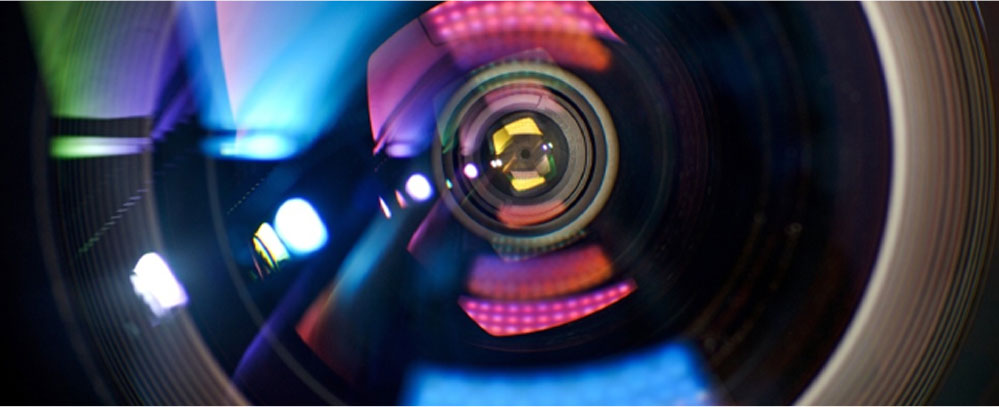
Lens distortion is actually the general term of the inherent perspective distortion of optical lens, that is, the distortion caused by perspective. This distortion is very unfavorable to the imaging quality of photos. After all, the purpose of photography is to reproduce, not exaggerate, but because it is the inherent characteristic of the lens, it can not be eliminated and can only be improved. Low distortion lens such as scanning lens is a kind of lens that can reduce the degree of perspective deformation. In the production process, high-grade lens optical design and materials are used, and high-quality optical glass is selected to manufacture lenses by using the optimal design of lens group.

 English
English 